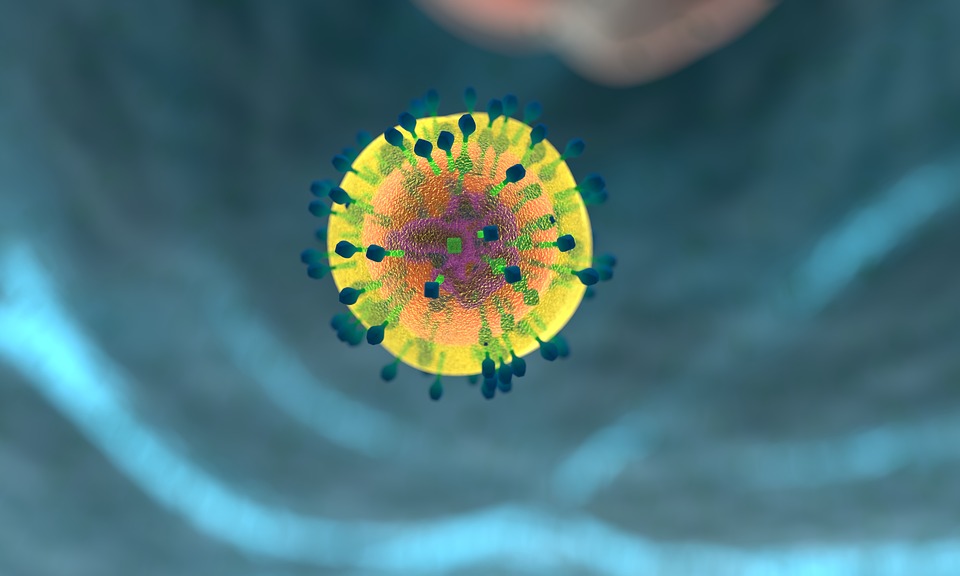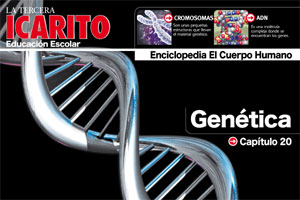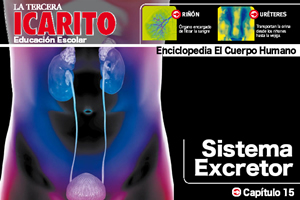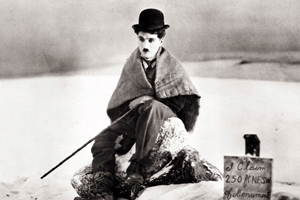In the twelfth chapter of our collection we have gotten to know what the immune and lymphatic system is made up of. In order to see what and how much you have learned of this chapter, we recommend you go over the tips, summaries and answer some check-up questions.
Summaries
Immune system
– The immune system is the defense the body has against diseases. The non-specific response is the first defensive barrier of the body because we have it from fetal development, and the specific response develops throughout life, due to the exposure of the body to germs that are in the environment.
– Autoimmunity is the abnormal immune response of the body, when the immune system cannot tell its own cells from the pathogen ones.
Lymphatic system and infectious microorganisms
– The lymphatic system is made up of organs, vessels, nodes and lymphatic tissue.
– Lymphatic vessels help transport lymph.
– Bacteria, viruses, protozoa and fungi are the main microorganisms that attack the body, causing some kind of infection.
Immune responses, vaccinations and diseases
– Substances that cause allergic responses are called allergens.
– Inflammation can be of the acute or chronic type. The first one begins suddenly and the second appears slowly.
– Vaccination or artificial immunization is a preparation of antigens that is injected into the body in order for it to form antibodies against some infections.
– Autoimmune diseases are afflictions in which the body manufactures antibodies against its own normal chemical substances and tissues. Lymphatic system and infectious microorganisms.







 Nace Charles Chaplin
Nace Charles Chaplin